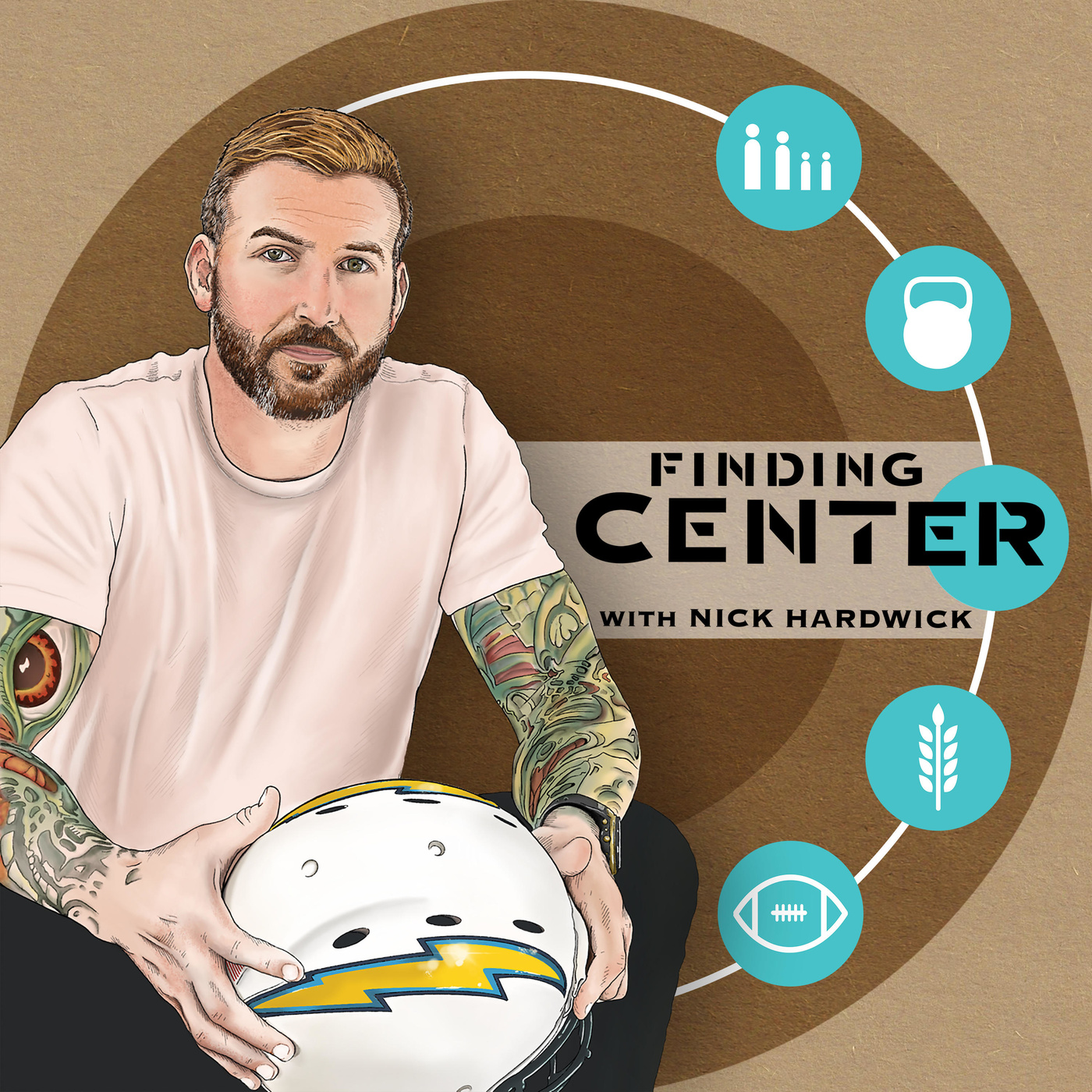
What is the Huberman Lab podcast?
Welcome to the Huberman Lab Podcast, hosted by Dr. Andrew Huberman. Dr. Huberman will discuss neuroscience: how our brain and its connections with the organs of our body controls our perceptions, our behaviors, and our health. He will also discuss tools for measuring and changing how our nervous system works.
Who is Matt Walker and Andrew Huberman?
In this episode, Dr. Matt Walker, Professor of Neuroscience and Psychology and the Founder & Director of the Center for Human Sleep Science at the University of California, Berkeley, joins Dr. Andrew Huberman. Dr. Walker is the author of the international best-selling book Why We Sleep and the host of The Matt Walker Podcast. Drs.
What does Dr Huberman study?
His laboratory studies neural regeneration, neuroplasticity, and brain states such as stress, focus, fear, and optimal performance. For more than 20 years, Dr. Huberman has consistently published original research findings and review articles in top-level peer-reviewed journals, including Nature, Science, Cell, Neuron, and Current Biology.

What does Huberman recommend for sleep?
The Huberman Sleep Cocktail Magnesium comes in many forms. While Huberman recommends mangesium threonate and magnesium bisglycinate, magnesium citrate is also hugely popular and has more elemental magnesium than all other forms.
How do I make my Huberman sleep better?
So here is my list for how to get better at sleeping:1) View sunlight by going outside within 30-60 minutes of waking. ... 3) Avoid caffeine within 8-10 hours of bedtime. ... 4) If you have sleep disturbances, insomnia, or anxiety about sleep, try the research-supported protocols on the Reveri app (for iPhone).More items...•
What does Huberman take?
“That cocktail of 50 mg of apigenin, 300–400 mg of magnesium threonate or bisglycinate, and 200–400 mg of theanine, for me, has been the best way to consistently fall asleep quickly and stay asleep most if not the entire night, which, for me, is about 7–8 hours.”
How do you master your sleep?
1:261:22:05Master Your Sleep & Be More Alert When Awake | Huberman Lab ...YouTubeStart of suggested clipEnd of suggested clipHaving the proper. Sleep environment both the environment you're sleeping in and the object you'reMoreHaving the proper. Sleep environment both the environment you're sleeping in and the object you're sleeping on is critically important to getting a good night's.
How much magnesium should I take for sleep?
Research shows that magnesium may help improve insomnia symptoms. In a study of elderly patients with insomnia, taking 500 mg of magnesium daily for eight weeks improved many subjective and objective measures of insomnia.
Does glycine help with sleep?
Research by the Ajinomoto Group has shown that glycine, taken before bedtime, helps the body reach deep sleep more quickly. This is why glycine helps you fall asleep and improves sleep quality.
Does Huberman take Nmn?
“I haven't started taking NMN, but I'm planning to do that when my next birthday arrives, which is in a couple months. But I do experiments on my sister and have for years. I have a sister who's three years older than I am, who is very enthusiastic about these protocols.
What Omega 3 does Andrew Huberman use?
Andrew personally opts to get his omega-3s from fish oil, due to its high levels of EPA & DHA per gram.
What creatine does Huberman use?
The most common supplement form is creatine monohydrate. Dr. Huberman says he takes 5 grams of creatine daily and has done this for years.
What is the best sleep schedule?
Set aside no more than eight hours for sleep. The recommended amount of sleep for a healthy adult is at least seven hours. Most people don't need more than eight hours in bed to be well rested. Go to bed and get up at the same time every day, including weekends.
Can you reset your sleep schedule by staying up all night?
The bottom line. If you want to change your circadian rhythms, staying up all night may not offer the most ideal solution. Pulling an all-nighter will likely just make you sleepy. Instead, you can try to fix your sleep schedule by following sleep hygiene practices like keeping your bedroom dark.
Do all nighters fix sleep schedules?
Pulling an all-nighter will not reset or fix your sleep schedule. In fact, it may disrupt your sleep schedule even more. Depriving yourself of sleep for one night does not guarantee that you sleep well the following night.
Will chamomile help me sleep?
Chamomile tea It's made from chamomile, a plant that's often used to promote sleep thanks to its sedative effects ( 10 ). In a review of 12 studies, chamomile was found to safely improve sleep quality, though it didn't significantly affect insomnia ( 11 ).
Do humans have circadian rhythm?
Does the body make and keep its own circadian rhythms? Yes, natural factors in your body produce circadian rhythms. For humans, some of the most important genes in this process are the Period and Cryptochrome genes. These genes code for proteins that build up in the cell's nucleus at night and lessen during the day.